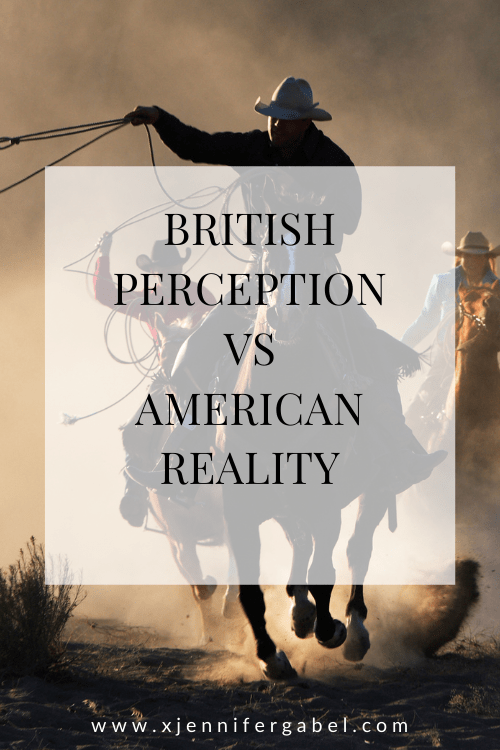“What do people over there think about the election?” In the last week, multiple American friends asked me a version of this question. The other version was, “What do people over there think of Trump?”
Being in the UK during the US election was a fascinating experience. On the one hand, I didn’t mind being away from the nonstop media coverage back home. There was a lot less emotion and bias in the media coverage here. On the other hand, I never felt more American, especially during the weekend following Election Day. Watching the celebrations in our hometown, I felt homesick for the first time since being here.
As I mentioned in last week’s post, although we technically speak the same language, Americans and Brits have inherent cultural differences. My immediate perceptions: the British are a bit more proper and reserved, and in general, they are rule followers. By contrast, the American perception is loud, loose and wild. It’s basically a macro version of The Parent Trap.
***This post may contain affiliate links. As a Sakara and Amazon affiliate, I earn from qualifying purchases. This is at no cost to you but helps me run my website.***
When Perception and Reality Aren’t the Same
“I have to tell you something.” I was dropping my kids off at Jo’s house when she said this to me. We hired Jo to help teach and look after our kids while we’re here. Everyone adores her; she could give Mary Poppins a run for her money.
“What is it?” I asked. Jo’s having repair work done at her house, and as seems to be the norm here, repair workers are basically friends who happen to be handy. One of the workers confessed he thought Jo was out of her mind agreeing to watch American children. “But I can’t believe how lovely they are,” he said, shocked.
After she told me this, I wasn’t sure whether to be thrilled on behalf of my children (and parenting) or offended on behalf of American children (and parenting).
This is America
While reflecting on this, another situation kept popping up in my mind. A few years ago, Steven and I were visiting our friends in Maryland. We spent the weekend at their beach house, and on one of the days, we met up with some of their local friends. I had my reservations at first. It was clear we all didn’t vote on the same ticket in the recent 2016 election, but the day was a ton of fun, filled with boating, drinking and good conversation.
For the life of me, I can’t recall what I said, but I must have said something that indicated Steven grew up Jewish. There was an almost imperceptible pause in the conversation, but the day (and fun) continued.
Shortly afterwards, one of the guys came over to me and confessed how he’d spent the whole day having beers with my husband without knowing he was Jewish. You see, he’d never met a Jewish person before, and he kept telling me how cool Steven is and how much he likes him. The faint note of surprise didn’t escape me, but rather than take offense on behalf of Jewish people (like, why wouldn’t he be cool?), it shifted something in my mindset. How had I been any better, making assumptions based on how this person voted before ever actually meeting him?
My Perception is My Reality
And your perception is your reality. The only way to change someone’s reality is to change their perception. The only way to shift perception is by spending time with people who think, look and act differently. When we surround ourselves with people – in real life and in the media – who think the same way we do, then we are creating more of a divide by not allowing people into our world who think differently. We reject any thinking outside of our own, bolstered by the environment we’ve created that tells us we are right.
There’s value to marches, protests and standing up for what’s right. History has proven this. But when I think about the people who marched alongside me, it’s like preaching to the choir. Protests may change laws but not minds. I’m advocating for a dual approach, one where we stand up for what’s right but also practice what we preach: show love to those who are different from us.
I guess what I’m trying to say is I’m glad Steven and I got out of our comfort zones, both that day on the boat and now in the UK. We are thrilled to become the new ambassadors for changing British people’s minds about American children 😉
Finally, to answer the first two questions, respectively:
British people look forward to politics being boring again.
Not much.

